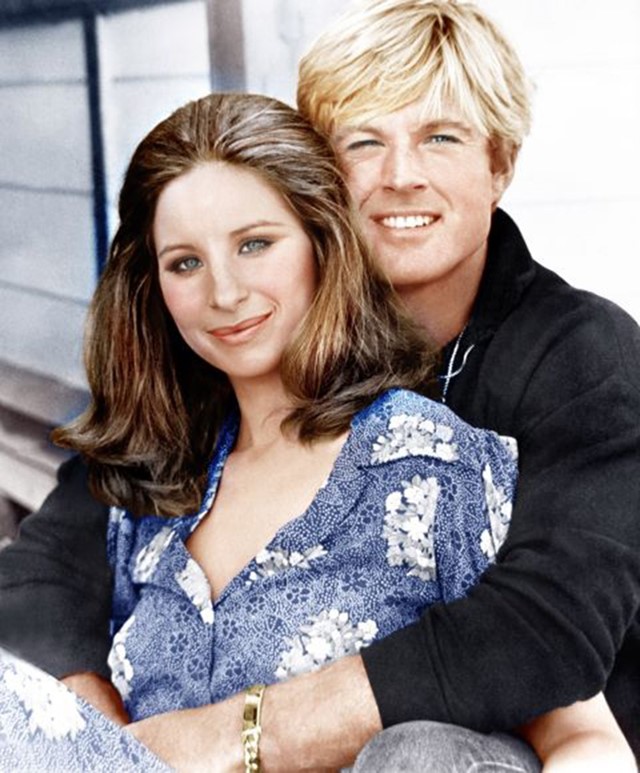Prada’s A/W17 show paid homage to the placard-waving protestors of the 1970s, embodied by Barbra Streisand’s portrayal of Katie Morosky
“One of the stories often told about Mrs Prada is that, while a student in the 1970s, she was a card-carrying member of the Italian Communist party,” writes AnOther’s Olivia Singer in her review of Prada’s politicised A/W17 menswear and womenswear pre-collection. The manifestation of Miuccia’s placard-waving past took contemporaneous form on the runway via camel corduroy suiting, Baader-Meinhof berets and polychromatic knitwear that looked so authentically ‘lefty’, it could have comfortably been worn by a young Jeremy Corbyn himself. As Mrs Prada said after the show, “I didn’t want to do the 70s… but it came out naturally – it was an important moment for protest, for humanity. Now, protest is very necessary.”
A filmic portrayal of these political leanings is demonstrated no finer than in the 1972 romantic drama The Way We Were, with Barbra Streisand playing Katie Morosky, an intensely vociferous communist Jewish girl who falls in love with affluent and WASPY naval officer Hubbell Gardener (characterised by unmitigated heart-throb Robert Redford). Set in the 1930s and 1940s, with costumes remaining suspiciously 70s throughout, the story of Katie and Hubbell’s tumultuous will-they-won’t-they relationship unfolds through a series of flashbacks to the misty, water-coloured corners of Katie’s mind.
From the Francoist regime to McCarthyism, director Sydney Pollack profusely references political moments past throughout the film. But aside from a comprehensive history lesson, we can also acquire some important life skills in how remaining faithful to your convictions in the face of romantic infatuation is one of the fiercest forms of activism. Solidarity with Morosky!
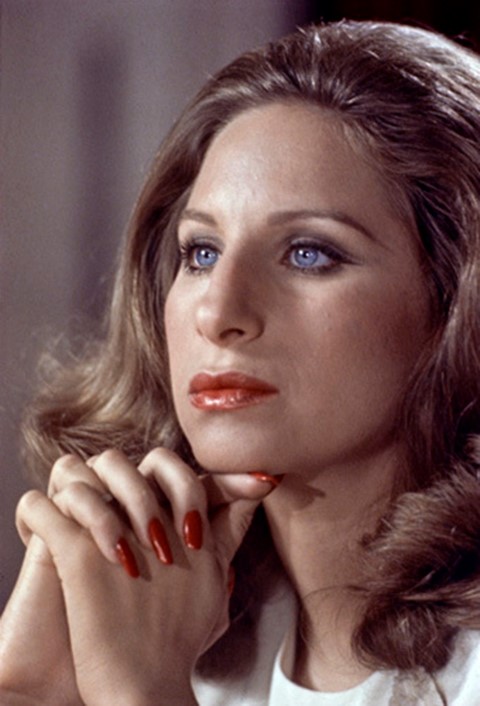
1. Soundtrack your memoirs
“Memories, light the corners of my mind…” Upon hearing the first refrain of The Way We Were’s famous title track, one can’t help but wistfully recollect every failed relationship that – despite passionate intentions – ultimately proved love is unable to conquer all. In the opening scene of the film in which Katie attends a political soiree, she reconciles with a drunken Hubbell who has fallen asleep at the bar in full naval regalia and wakes him by gently caressing his golden hair: cue crossfade flashback sequence to the lovers’ college years, soundtracked by Streisand’s melodic humming.
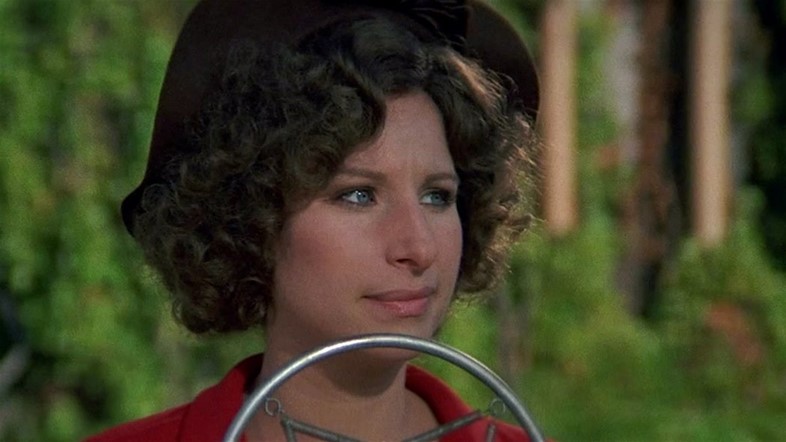
2. Dress like the red bogeywoman
This aforementioned reminiscence transports us back in time to a college strike, where Katie stands atop a podium lecturing a crowd of students (including a very Ivy League-looking Hubbell) on Marxism: “You can still take communion and like the Soviet Union!” she cries, also urging her audience that there is no need to be afraid of the “red bogeyman”, whilst donning a bright crimson ensemble herself. Throughout the story, Katie displays many flashes of the colour in her outfits as aesthetic reminders of her revolutionist tendencies, from a scarlet hair net to a vermilion manicure. Streisand reportedly refused to cut her extraordinarily long fingernails for the role, her hands subsequently mirroring the communist symbol of a five-pointed red star.
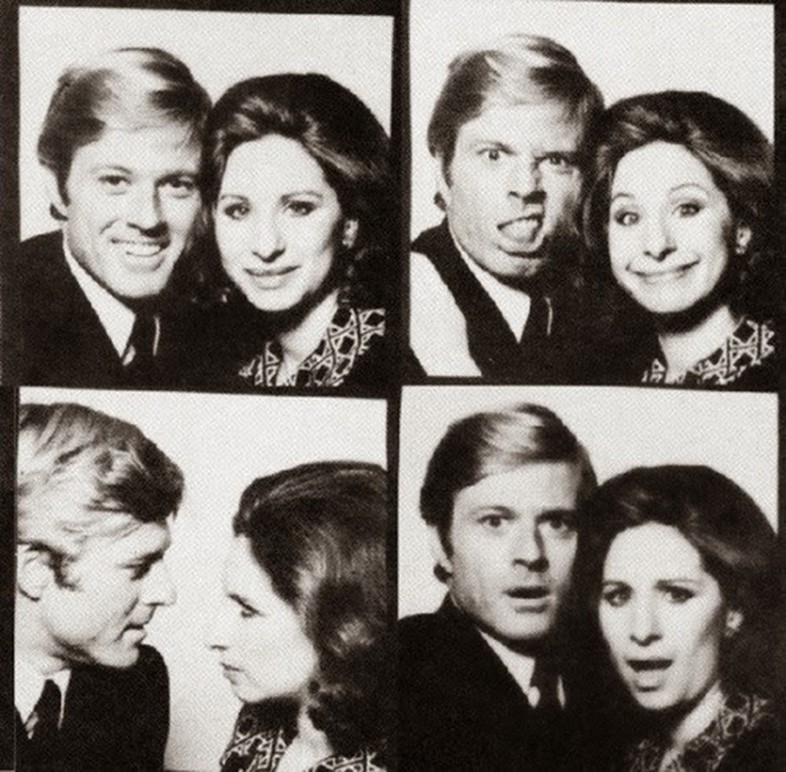
3. Insult (practically) everyone you meet
Outspoken and brash, Katie takes no issue whatsoever in dishing out insults, calling practically every person who crosses her path a fascist. Her affronts are seemingly genuine too, due to the fact she generally isn’t a huge fan of jokes. Attending parties with Hubbell’s insipidly preppy and apolitical friends, she refuses to sit quietly and listen to their collective wittering, embarrassing him on several occasions by begging to leave or harping at an entire room of guests on the merits of intellectualism. If only we could all speak our minds as brazenly as Katie, perhaps enforced social obligations wouldn’t always feel so arduous.
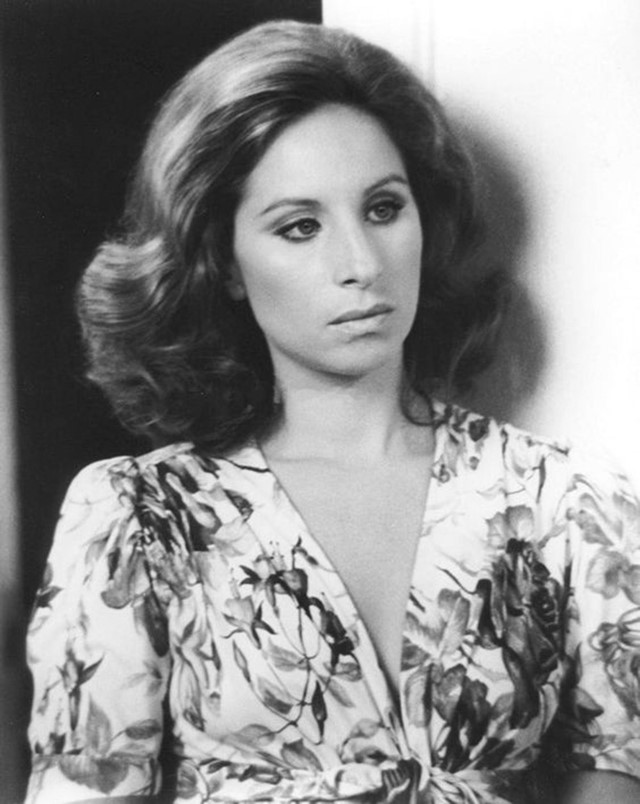
4. Embrace the allure of knitwear
So, back to that rainbow knitwear from the Prada show. Despite Hubbell’s clean-cut appearance, in the scene where he pays a visit to the diner where Katie works one of many jobs, he arrives wearing a pullover nearly identical in appearance to the Corbyn-esqe designs of Mrs Prada. In contrast to the college rowing team jerseys and immaculate cashmere so often draped round his neck, this sartorial exclamation demonstrates that he does, in fact, possess a somewhat left-leaning conscience, reeling Katie into his woolly embrace for evermore.
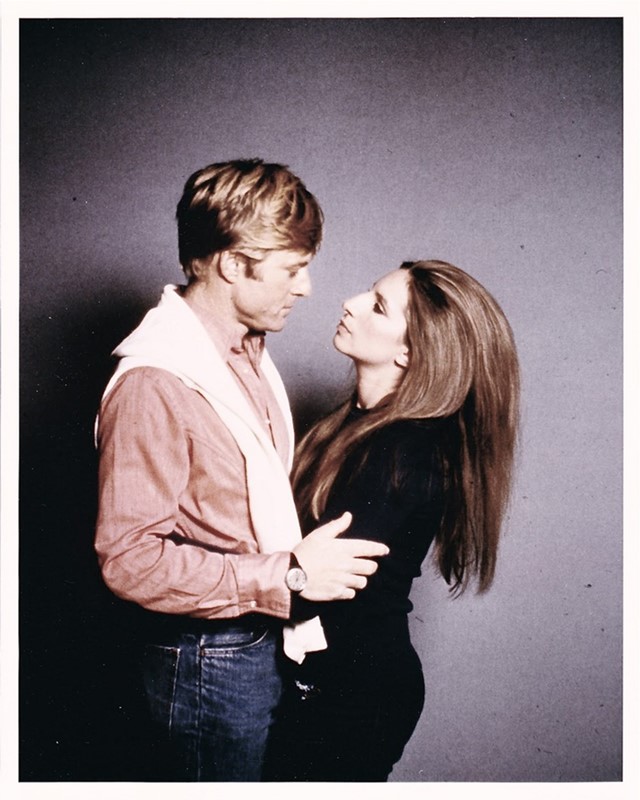
5. Develop a complex relationship with hair straighteners
Katie Morosky is an unapologetic Jewess: from her infinite neuroticism and extensive anxiety caused by a pot roast, to agonising over whether or not she meets Hubbell’s gentile standards for beauty. “A loud mouth Jewish girl from N.Y.C.” and her “beautiful goyishe guy”, she quips. The strongest representation of her identity is a head of naturally thick and frizzy curls, which she has regularly smoothed out in a Harlem salon. Upon reconciling with Hubbell and his friends after college, they all remark on her coiffure having altered in style: “You have your hair ironed? Does it hurt?” (I mean, the answer is probably ‘yes’, as straightening your hair when it’s at a Morosky level of unmanageable is practically akin to torture.) During the film’s infamous final scene, in which we see ex-spouses Katie and Hubbell bump into one another after years of separation, our heroine has finally cast the straighteners aside and embraced her natural Jew-curls; proudly demonstrating true self-acceptance and that she requires no further validation from the man who still remains the love of her life.
